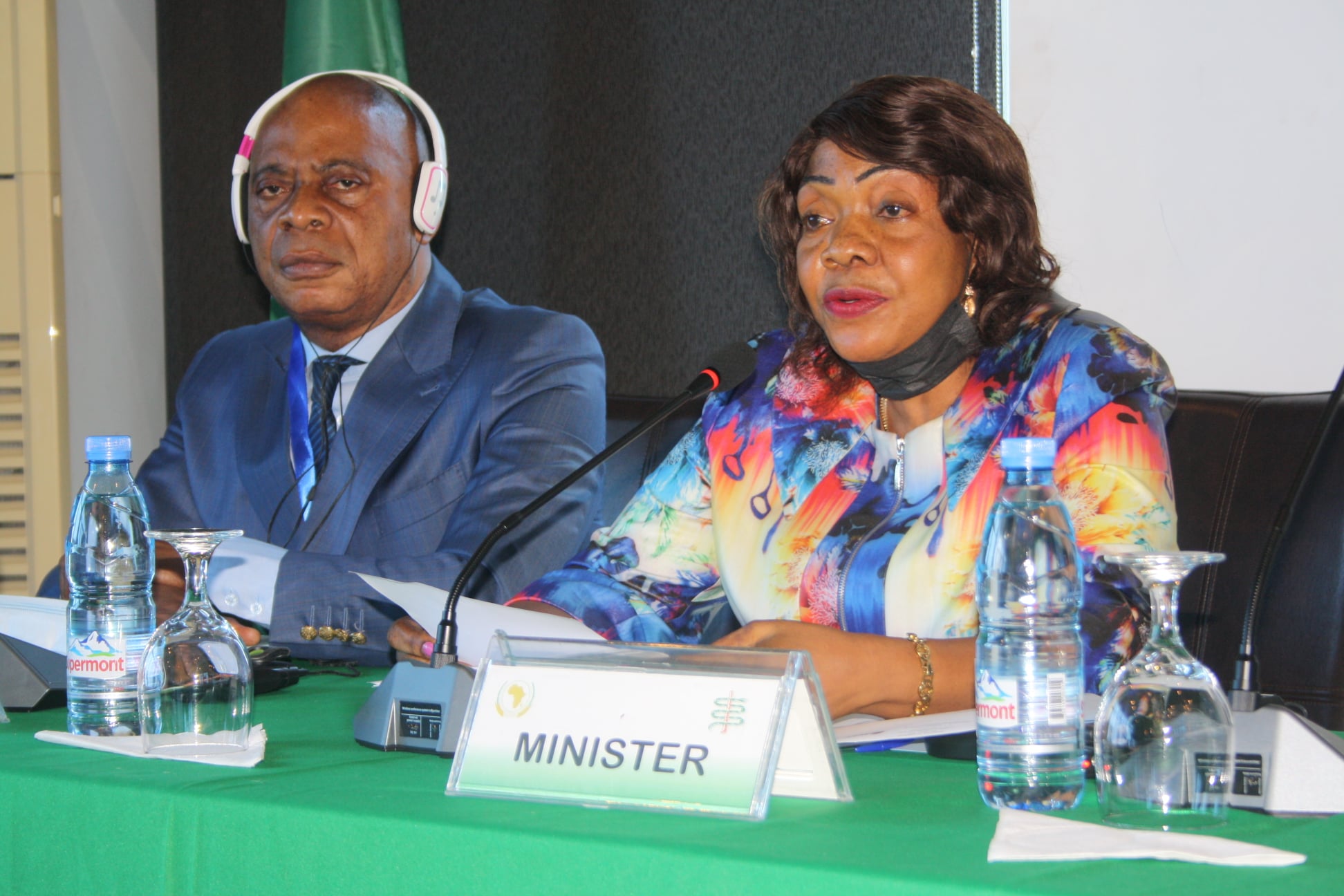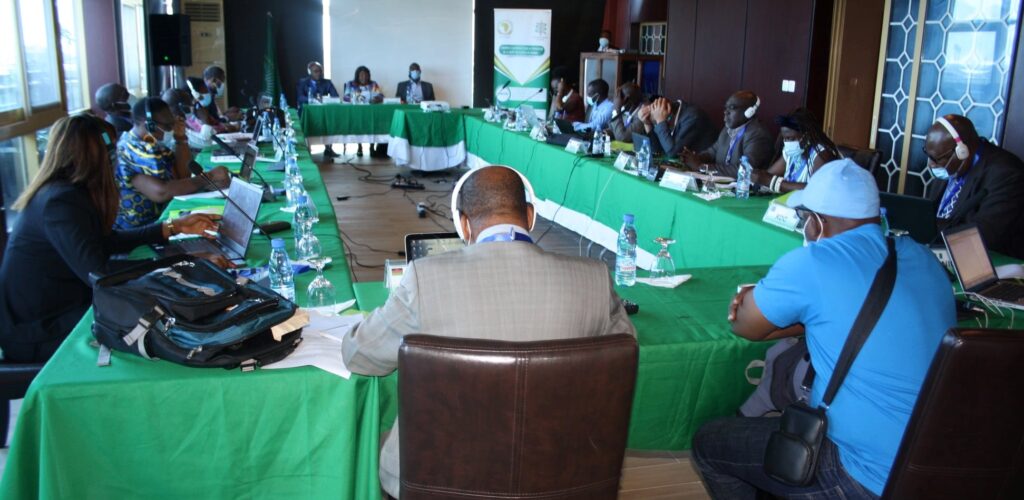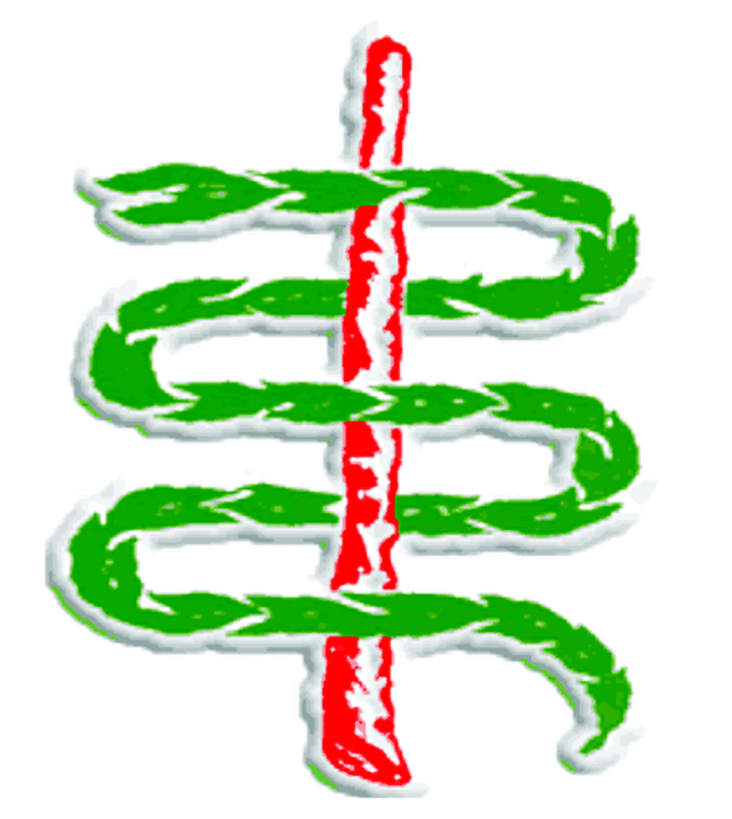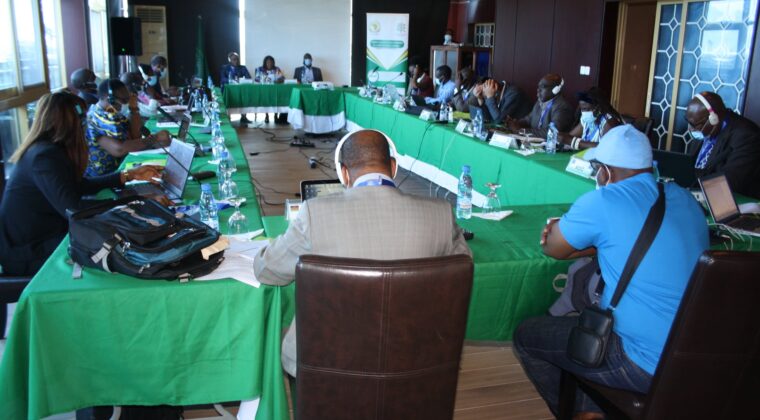‘Covid-19 has unveiled need for innovative plant health solutions’
By Chipiliro Kansilanga in Douala, Cameroon
African member states have been challenged to explore innovative solutions aimed at allocating more substantial funding to questions of protection of human beings, plants, in order to maintain and increase access for agricultural products to international markets.
The call was made today in Douala, Cameroon, by the Secretary General in the Ministry of Agriculture and Rural Development, Prof Mbong Bambot Grace Annih.
She was speaking at the opening ceremony of the workshop organized by African Union Inter-African Phytosanitary Council (AU-IAPSC) aimed at strengthening the capacity of member states on plant health legislation and international requirements through review, evaluation of phytosanitary compliance and capacity to manage plant health risks.
The workshop has drawn together member states from Botswana, Burkina Faso, Ivory Coast, Democratic Republic of Congo, Malawi, Nigeria, Kenya, Zambia, Tunisia, Chad, Congo Brazzaville, Sierra Leone and the host Cameroon.

Prof Mbong Bambot Grace Annih (right) says only innovative solutions will preserve plant health in Africa
In her remarks, the Secretary General noted that globally, plant health sector has not been spared of the modern challenged brought about by Covid-19 pandemic and other technological challenges which are demanding solutions with a more strategic approach.
“As we ponder on how we can address pests, fall army worm, and many other challenges facing plant health, technological solutions and other innovations should take lead and must not be pushed aside.
“You will agree with me that industries, fields and sectors that have refused to embrace modern technological solutions are finding it hard to break through or to penetrate into deeper waters, for the simple reason that the world is now increasingly warming up to digital solutions more than anything else.
“Right from farming, processing, logistics etc. technological solutions have completely taken over and tangible steps are already being made towards creating a new plant health industry for the next generation,” she said.
She cited new development such as e-phyto solutions under which member states will see electronic execution of activities in enhancing safe trade in plants and plant products as an area that member states must take advantage of to explore modern solutions.
The workshop is providing an opportunity for member states through leaders of National Plant Protection Organizations (NPPO’s) to share knowledge, experiences and best practices in plant health, particularly on legislation and compliance among others.
The participants will also have an opportunity to unpack ways and strategies on establishing a harmonized way of facilitating trade through the newly established African Continental Free Trade Area (AfCTA).

In his remarks, AU-IAPSC Director said by bringing together member states, the regional body is demonstrating its commitment to strengthen capacity of NPPOs and therefore Africa as a continent, to improve their phytosanitary systems and help African become food secure.
AU-IAPSC was also highly commended by both the Secretary General and the member states, for its constant support to African member states, to help them comply with the international standards for phytosanitary measures of the IPPC, to implement mechanisms of pest risk analysis to standards, sustainable management of pests and pesticides and better participation in the international process of phytosanitary standardization.
The workshop will run for five days, at the end of which, recommendations will be drawn and member states will agree on actionable results for the continent.



